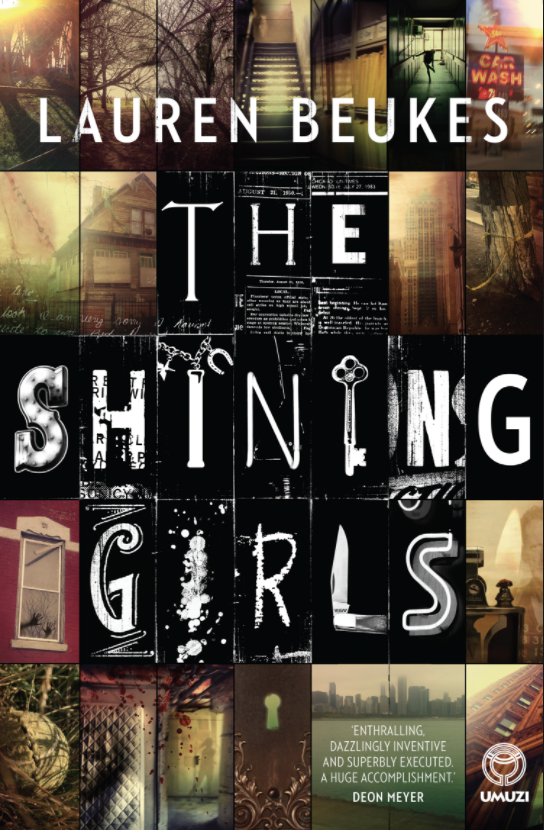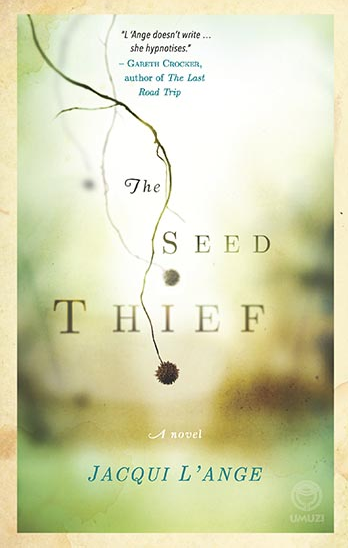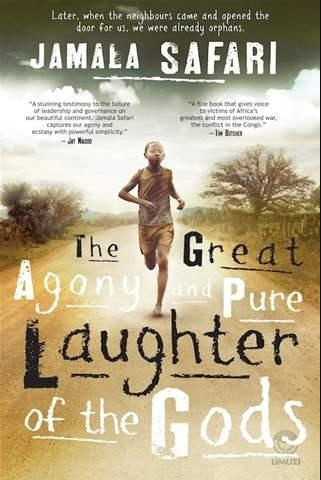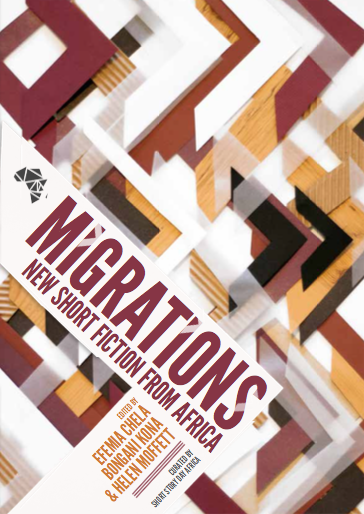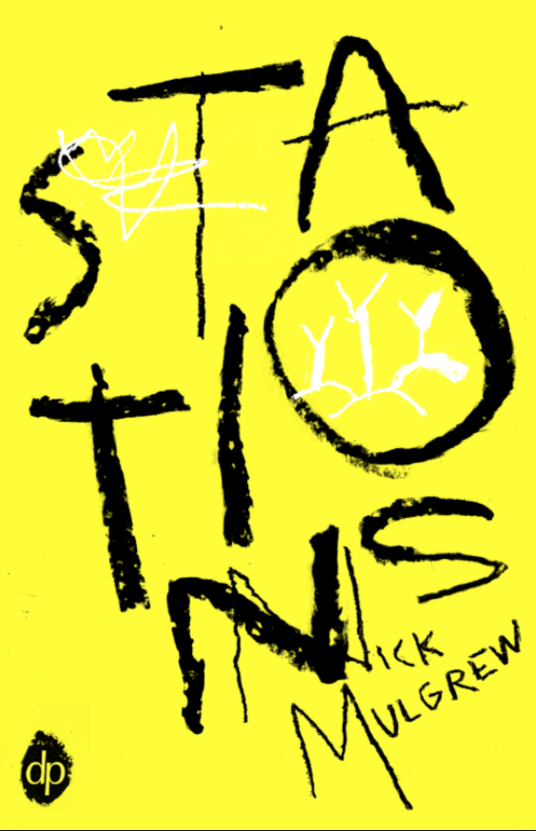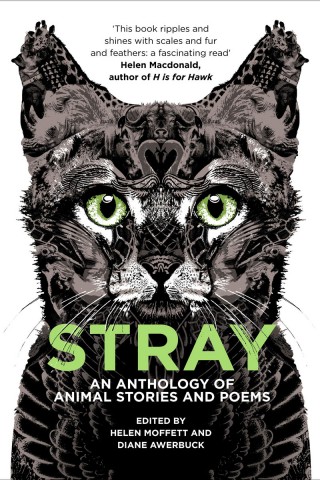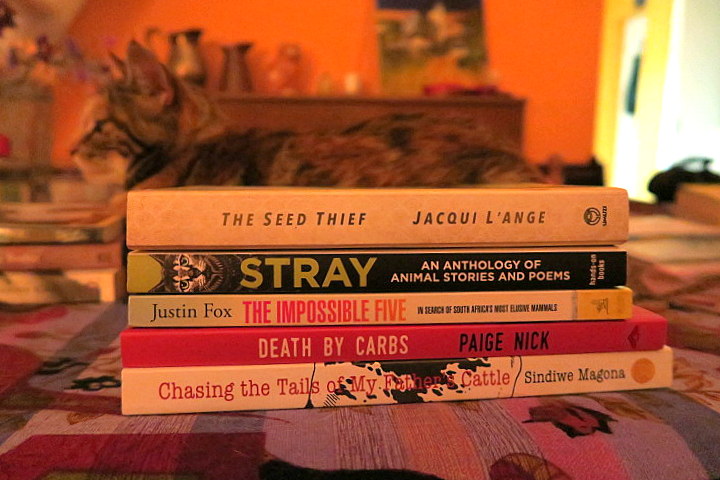Although my email signature says I don’t work for individuals, only for publishers and institutions (as does my LinkedIn profile), I get approached by people who’d like to work with me all the time. Which is wonderful, and I’m grateful, and one day I may be able to go back to taking on “lone rangers”, but not right now. Many folk ask the same basic questions, so I find myself writing the same email over and over. So, a list of FAQs and answers has been on my “To Do” list for a long time.
** Update for pandemic times: I (STILL) have Long Covid, a debilitating condition that makes a normal working life impossible. Everything below now applies ten-fold: time and energy have become rare and precious resources, which I have to hoard very carefully.
Q: I’ve just finished my first novel! Can you edit it for me?
A: Sadly, no. I tend to be booked up by publishers, institutions and authors I work for on a regular basis about six to twelve months in advance. I stopped working for individuals some years ago, mostly because I just don’t have the time. It makes sense to keep working with the same writers, and I have 28 (at last count) on my books (ha). One of them writes a book a year. A handful write a book every two years. The rest might only present me with a full-length work every four or five years, but they keep producing material — short stories, academic papers, grant proposals and much more, most of which goes through my hands. I can’t do justice to more than eight projects a year, given that I also work as a writer, trainer, researcher and academic. So you see the problem.
I do pursue talent, however, and try to take on a new author every year or so — but their work needs to make the hair stand up on the back of my neck with excitement. Often these are writers whose talent is already palpable (they’ve already had one or more books published, they’ve been placed in short story or poetry competitions, or appeared in anthologies), but their work IMO needs deeper and tougher editing. Or I’ve admired their writing and wanted to work with them for years, but the chance has never arisen. I also keep my eyes open for “undiscovered” talent, but this usually gets fed to me via other writers, mentors, even NGOs.
Another tricky thing about working with individuals is the occasional fuss about settling my invoice. Also, see my dilemma: let’s say someone pours their life and soul into their precious MS, and sends it to me for assessing or editing, trembling with hope and trepidation. Alas, it’s not very good. Or it shows promise, but needs a lot of fixing. I proceed to tear it to pieces, leaving the poor writer reeling — and then present them with a fat bill. This is no fun for any of the participants.
So I encourage writers who really want to work with me to find out if their publishers are willing to let me edit their MSS. Some will, some won’t, but it’s always worth asking. If the publisher agrees, they give me a brief (and often readers’ reports), mediate if necessary, and pick up the tab. It’s a more professional and humane arrangement.
Q: I’m prepared to wait until you have time. Six months, you say?
A: I know it doesn’t seem fair, but I don’t work on a queue (first-come, first-served) basis. It’s more of a triage system in which my regular authors, especially those with non-negotiable launch dates, tend to get bumped up the list. I try to carve out a fair shot of my time for everyone I work for, but there are always those emergencies when someone’s launch gets pushed forward by a month, or they have to finish all the edits before the baby arrives, or their agent is screaming for the first 20 000 words of their next novel in time for Frankfurt. And so on.
Q: Well, can you recommend anyone else?
A: I refer on to excellent people all the time. But first do your homework: put together a pitch, a synopsis, a sense of genre, a word count, a budget, and any readers’ reports or other feedback you might already have. Then go shopping for an editor that looks like a good fit with all of the above. Hunt around online, but bear in mind that word of mouth is an excellent way of tracking down a good editor who is also a good fit with your work. I’ll give ideas if you get stuck, but you need to do the initial legwork.
Q: What do you charge? I have a very tight budget.
A: By local copy-editing standards, I’m fairly expensive, and not a good choice if you are counting the pennies. However, as indie publishers know, if I’m tremendously excited by a MS or consider it a privilege to work for a certain author, I’ll bend my rate down. So sometimes there is a bit of wiggle room. (I should add, because money is always tricksy, that I haven’t increased my prices in five years, and that they remain tied to industry rates — which shrink each year. Recession, Amazon, etc.)
Q: I have a great book, but I can’t find a publisher. Can you help?
A: You’re going to have to do the work here. You need a writing group or beta-readers who will give you honest feedback; the ability to rewrite in response to that feedback; deep familiarity with the local writing/book scene, including publishers’ lists and catalogues. I need to stress the latter — it’s surprisingly common for would-be authors to do only the most cursory or slapdash research into what publishing options are available. Sending your MS to the wrong publisher (a poetry collection to an imprint that publishes only commercial fiction or school textbooks, for instance) is soul-sucking for everyone concerned, but it happens all the time. Finding the right publisher takes persistence and diligent, ongoing research. Bear in mind that publishers are not charitable trusts or benevolent institutions for showcasing talent. They run on business principles (and in this day and age, cobweb budgets and skeleton staff). Talent is no longer the only requirement for publishing — you need to be very aware of how to sell yourself as well. If you’re not already immersed in the world of reading and books, especially locally, there’s not much I or anyone else can do for you.
Q: I’ve finished my novel and decided to self-publish! Will you edit it for me?
A: Sorry, no, see above, but wait — did you say self-publish? And this is your first novel? Do LOTS of homework first. I don’t recommend self-publishing unless you’re very experienced at the publishing game. I almost never recommend self-publishing a first work, unless it’s non-fiction for a highly specialist audience, or you’ve worked in the publishing industry for ten years and know most of the tricks in the book.
Q: Will you read my manuscript and give me some feedback? I can’t afford to pay you.
A: Usually, no. But if I’ve read your work before, admired it and expressed an interest, go ahead and ask. If humanly possible, I’ll say yes, although you’ll almost certainly have to wait a while for a response.
Q: Yay, thanks so much! I’m emailing you my MS.
A: No no no no. It will disappear into the bottomless pit that is my inbox and I will forget its existence. Plus I spend my professional life square-eyed in front of a screen — have some pity. If I’ve agreed to read your draft MS, you MUST send me a hard copy. That way it will sit reproachfully on my desk, nudging me until I crack and carry it off to read in the bath or a coffee-shop.
Q: Can you help me find an agent?
A: No. Am clueless in this regard. Google is your friend. If you’re South African, and need an agent so you can approach international publishers, I hear good things of these folk.
Q: I have an academic monograph/collection of essays/series of conference proceedings that needs editing. Can you help?
A: Your odds are a bit better than the fiction-writing folk, because I use a great team of academic editors as subcontractors if I’m overloaded (there’s always complete transparency about this, and if I DO outsource some of the editing, you’ll know about it and deal directly with the subcontractor yourself — with me on hand to resolve any issues). This way I get to oversee or part-edit some interesting and important projects without falling into the great time-bog of editing footnotes and bibliographies.
Q: I have to submit my dissertation soon, and my supervisor says it needs editing. Can you help?
A: Sorry, no. I don’t edit dissertations unless the degree has already been awarded, and the work has been accepted for publication on condition that it is edited first. I’ll beta-read and comment on dissertations written by friends and regular authors, if possible, but no editing.
Q: I’ve got my Masters/PhD degree! But now I’m under the “publish or perish” gun. I need to turn my dissertation into a book or series of journal articles. Help!
A: Congratulations, and I have more good news. You’re going to join a great organisation called ANFASA (the Academic and Non-Fiction Authors’ Association of South Africa). For a very modest annual fee, you’ll get a free JSTOR key (worth the price of admission alone) and free advice on copyright and contracts. But these are the icing roses on the cake, because you’ll also get access to the transcript of my workshop on how to turn dissertation into various published works — journal articles, essays, monographs.*
Q: We have a project with a tight deadline where the authors/editors simply haven’t been able to deliver, or produce work of sufficient quality. Is there any chance you can overwrite the MS for us, or step in to provide the outstanding material?
A: This kind of work is so stressful, I will no longer overwrite, and I’ll fill in material where authors have gone AWOL only in very rare (humanitarian) circumstances.
Q: I have a collection of poems I’d like you to edit.
A: I almost never edit poetry. In the case of friend-poets with whom I have reciprocal reading arrangements (i.e., they show me theirs, and I show them mine), I’ll read and comment tentatively. But as an editor, I am notoriously tough, even ruthless. Margaret Atwood once said that “Being edited is like falling face-down in a threshing-machine”, so clearly she had an editor like me. Poetry is too tender, too personal, for me to thresh. But I can refer you to some really good people.
Q: I’ve met this incredible person with an amazing story, a real chunk of South Africa’s untold history, but she/he isn’t a writer. Could you work with them?
A: Sadly, no. I have ghostwriting form, notably for Bob Woolmer and Tim Noakes when we all worked on a cricket book, which I loved, but it’s not one of my primary skills. I find it hugely time-consuming, it demands that I know a lot about the topic, and it works out expensive. There are other SA writers — journalists, especially — who have far more experience and expertise at this sort of thing than I do.
Q: We know you worked on Elinor Sisulu’s biography of her revered parents-in-law. We have a biography project we’d like you to consider.
A: Thank you, and it might be possible, but when working on a biography, I need to find both the subject and the author compelling. The story of the subject needs to fill an important gap — and the writer needs to be an exceptional researcher and analyst with fresh insights (Elinor ruined me for life). Please send as much info about both (subject and author) as possible. Also note that I don’t work on private memoirs intended for self-publishing.
Q: A friend has survived appalling trauma and has put her thoughts into an inspirational manuscript. Or: I’ve triumphed over great tragedy, and I feel the need to tell my story, and share my lessons. Can you help?
A: I am really sorry you have had to endure great loss/violence, and salute your courage. Writing can be an extremely important form of therapy and catharsis. Alas, I never do this sort of work. Simply keeping up my own research and writing on sexual violence scours me raw — I do not have what it takes to do anything more personal, and I wouldn’t begin to know how to charge for this kind of work. (Also, time: see above.) There are a handful of brave, compassionate and intelligent writers who ghostwrite stories of triumph over disaster, or who run writing courses especially geared for survivors, or who host creative workshops aimed at healing terrible trauma. Most of these are easy to find, usually because they’re written their own books on similar struggles. Rape Crisis Cape Town and similar organisations sometimes run writing workshops specifically geared to giving survivors a voice. Explore the fantastic Life Writing Collective website for more guidance and contacts. Good luck.
Q: My child/godchild/niece etc has written a book to rival Harry Potter, but publishers aren’t interested because she’s only 15. Can you help?
A: Not really. The children’s book market in this country is minuscule outside of educational publishing. If your child is really keen and talented, I suggest linking up with one of the excellent literacy NGOs putting out material (mobile phone stories, comics, apps, print books) designed to encourage young people to read. Google will help, but personal favourites of mine include Book Dash, Fundza Literary Trust and the Puku Children’s Literature Foundation. They’re on the lookout for good content, but there’s rarely any money to be made.
Q: I work for X charity/NGO/NPO. Can you help us with a writing/editing project for free?
A: I do some “pro deo” editing and writing, but there are two problems here: I have a list of organisations I support, and they get first dibs on my spare time; and I find that work I do for free keeps getting pushed to the back of the queue, so you might have a rather long wait.
Q: Can you write me a reference for X writing residency/scholarship/job that involves writing?
I write a LOT of references, and I give them a great deal of time and attention. I also provide them for the same organisations and funders over and over again, so they know me and I know them. Because of the work burden involved, and because I need to be like Caesar’s wife — beyond reproach — here are the guidelines. First, I will no longer write references if, to be brutally honest, you have no hope of getting the scholarship or post. For instance, if your background is in marketing, it’s no good asking me to support your application to be an editor just because you think this is something you’d like to try. (Unless you’ve been editing in your spare time, doing well at it, and I’ve already spotted this.) Likewise, if you’re only ever written screenplays or a blog or poetry, I can’t support your application for a residency to write a novel. (Exception to this rule: you have an extremely compelling project already clearly laid out — see below.) You have to match the funders’ criteria: if they say “we prefer applicants to have published a first novel at least” and you haven’t, then I can’t help you. Second, I don’t write references for close friends — UNLESS they have proven track records in the field they’re applying for. But I prefer to reserve writing references for those with whom I have professional relationships: I’ve assessed or edited or reviewed your fiction MS or book or memoir or short stories or published research. This feels much “cleaner”. Third, you need to have a clear and tempting project outline in hand before you approach me: I need to know exactly what you intend doing during a residency or scholarship. This is especially true for promising and new writers who don’t yet have a big body of published work. Fourth, there must be financial necessity: I was once asked for a reference for a writing workshop scholarship — when the candidate didn’t get it, their family paid for them to attend anyway. I was not best pleased. Finally, you need to get in early: I am often asked to supply references for a single position by more than one writer, so it’s first come, first served.
Q: Couldn’t you just take a quick peek at this/ give me a bit of advice on [insert booky topic here] /help me become an editor /etc? [subtext: for free, of course]
A: Sigh. The thorny issue of free advice. In theory, I’d love to help. Some of the best, most rewarding projects and relationships I’ve known have started with these questions. But some practical thoughts, especially as a close friend recently scolded me for “being an editorial soup kitchen.” First of all, in the words of the inimitable Ama Ata Aidoo, “GOOGLE, MY DARRRRLING!” Yes, Lord Google appears to be en route to the dark side (don’t click on the links that say “sponsored”), is not all-knowing, and sometimes you do need advice from a human. But please, please, at least try more than five minutes of online research first.) Second (and this gets pointed out ad nauseum by every freelancer I know), etiquette-wise this falls into the same category as meeting a doctor or lawyer at a dinner party, and promptly asking them for their professional opinion on the nagging pain in your big toe, or what to do about your noisy neighbours. But most NB, we’re back to the triage system: I can only give so much time to free work. And the hours I spend responding to unsolicited emails count as free work. I like to reserve that time and energy — which is all too finite — for projects and people I truly, deeply care about and believe to be important. People get puzzled because they know I’ve helped X, so surely I’ll help them too? The bottom line: if I’m willing and able to work for free, I offer to do so. Or there are relationships of true reciprocity in place.
* NEW SECTION: NB — PLEASE READ!
If you’ve done all your homework, have a really worthwhile project, still need to meet me to ask advice, and I’ve agreed, here are the rules of engagement.
First, repeat after me, especially if you yourself receive a regular salary: “I understand that you are an entirely self-supporting freelancer who receives no salaries, honorariums, retainers, shared spousal income, or research/fellowship funding. I understand that the time you are giving me makes a small dent in your ability to earn an income this month.”
[sub-clause here: I am VERY happy to give advice on a quid pro quo basis — an hour helping me manage Instagram, or Photoshopping an image for me, for instance. Note, however, that offering me a bottle of wine (“colour of your choice!”) to read a manuscript of 150 000 words is NOT an acceptable quid pro quo.]
Understand that I’m hearing-impaired. I lip-read well, and use hearing-aids, but talking to strangers takes all my concentration, and is tiring. I find folk with accents from outside Southern Africa particularly difficult to decode. This is why you should never try to approach me via direct phone-call. Always, always write first (that’s what the contact button is for). Skype and Zoom are okay if booked in advance, because of the lip-reading element. Please don’t call me via Facebook or WhatsApp without making an appointment to do so first.
Using social media platforms and DMs to approach me with requests for professional advice: please don’t. I get many many DMs (mostly cat pics), and don’t always see the other stuff. Once again, hit that contact button.
If you’re employed, I’d like you to make a donation approximating the value of my time to Rape Crisis or a similar organisation in your country, and to send me proof that you have done so.
If you’re a salaried academic, please don’t send your students to pick my brain UNLESS you’re willing to make a donation as above.
I live 40 kilometres outside central Cape Town on the wrong side of a winding mountain pass. If you want to meet me, you HAVE to come to my neck of the woods. Please make your own transport arrangements. Very sorry, but I can’t fetch you from the station two suburbs away.
If we meet, please keep the time to a maximum of one hour. (A journalist once quizzed me for three and a half hours, and because they’d sent their driver away, I couldn’t get rid of them. AND had to feed them lunch.)
I really regret this, but I can’t do peer reviews of articles submitted to academic journals any more. Doing the job properly sucks up too much time.
